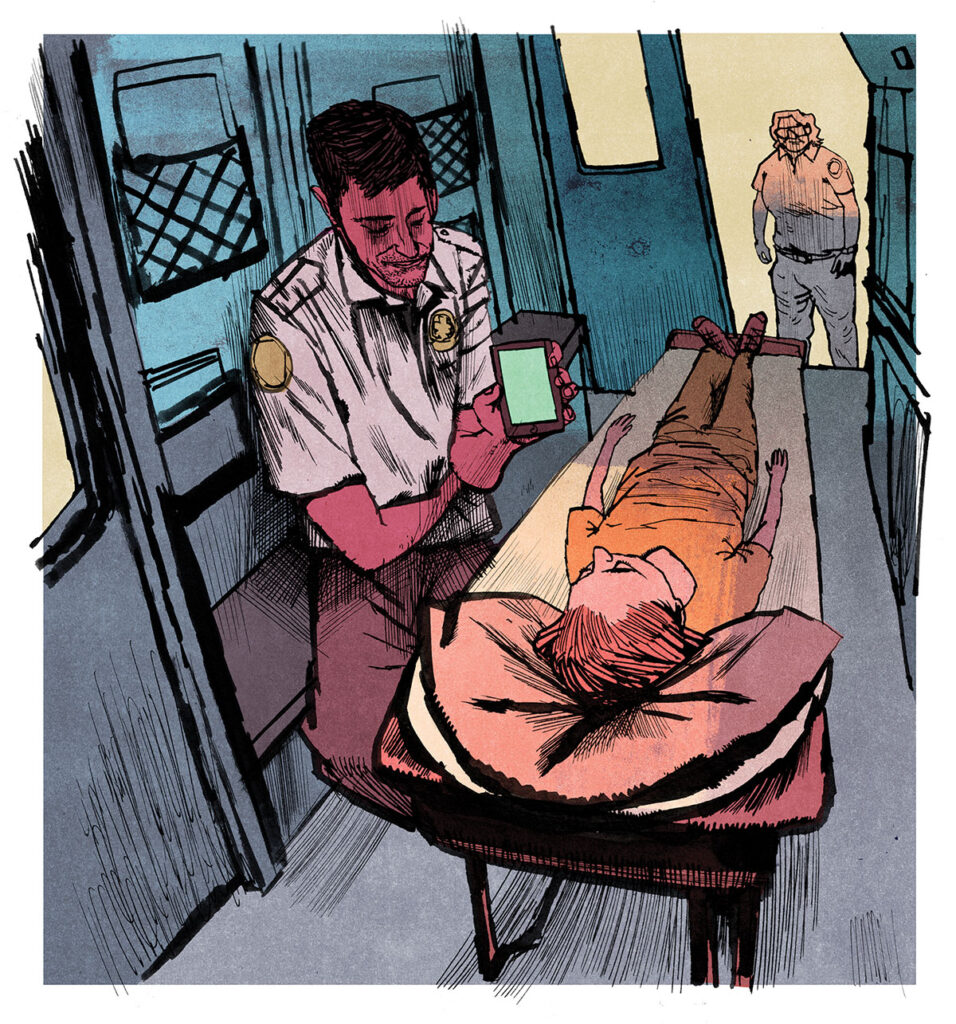
Facts first. We live in Hattiesburg, Mississippi. We live here because I have a job as a professor at the university. I teach creative writing. My husband had a visiting position—he taught world literature and composition—but because of Covid, his job wasn’t renewed in 2020, and we weren’t sure whether it would be available again. So my husband thought on what he wanted to do. It turns out working as an EMT on an ambulance was what.
Later, he would become a paramedic. But emergency medical technician comes first, and for his EMT course, my husband’s teacher was a woman I’ll call Annie. He took the course at the community college. The course cost $1,000. Annie is in her late 50s. She’s been a paramedic in southern Mississippi for almost 40 years. My husband says there is nobody like Annie.
In Mississippi, in 2021, EMTs started at around $34,000 a year. That’s $13.99 an hour, the going rate for saving lives. At the time, we were paying out of pocket for his private insurance. If we’d gotten off the waiting list for the daycare we originally wanted, the tuition would have been $750 a month for just one child. It’s a bare-bones, swing set–and–apple juice kind of place, not fancy. We have nice things, too, and we’ve traveled a lot in our lives. We had and have privileges. I acknowledge that. All these things can be true at once.
Here’s a scene. My husband is opening the bedroom door, coming in after his EMT class. It’s a night class, and he gets home around 11. Our daughter is sleeping in the next room.
“You won’t believe what Annie told us tonight,” he says. “The stories. Including the worst one yet.”
Login to view the full article
Need to register?
Already a subscriber through The American Scholar?
Are you a Phi Beta Kappa sustaining member?
Register here
Want to subscribe?
Print subscribers get access to our entire website Subscribe here
You can also just subscribe to our website for $9.99. Subscribe here
true


